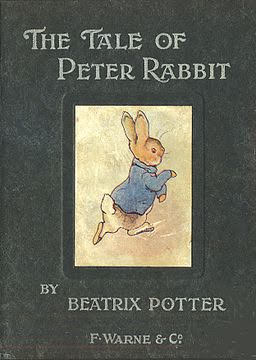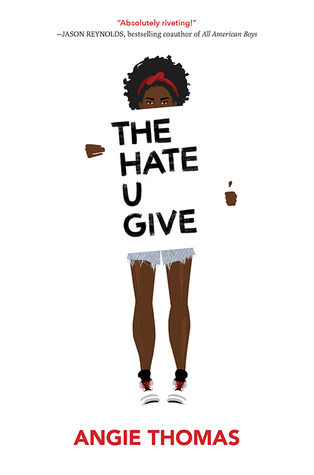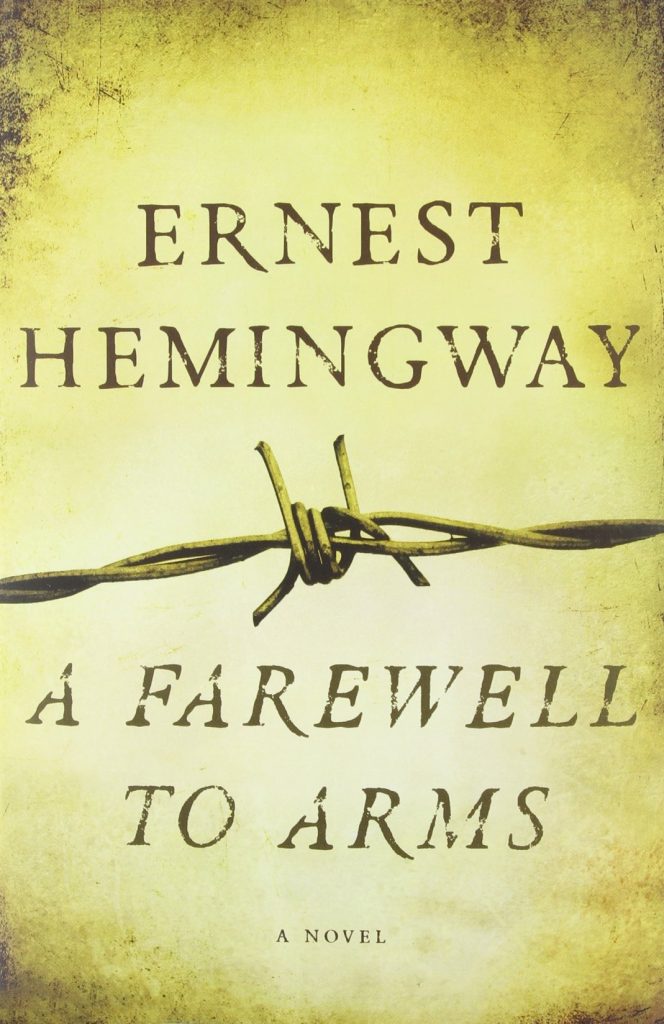This post was written by SLIS student Kelsey Cameron
Intellectual Freedom



Throughout history, books have been challenged and even banned in Canada and around the world in schools, libraries, and bookstores. Today, libraries are unlikely places for this to occur due to the banning of books going against intellectual freedom as defined by the American Library Association (ALA):
“Intellectual freedom is the right of every individual to both seek and receive information from all points of view without restriction. It provides for free access to all expressions of ideas through which any and all sides of a question, cause or movement may be explored” (American Library Association, 2007).
In Canada specifically, the Canadian Federation of Library Associations (CFLA) promotes intellectual freedom as defined in the Universal Declaration of Human Rights. This includes the “freedoms to hold opinions and to seek, receive and impart information and ideas through any media and regardless of frontiers” (Canadian Federation of Library Associations, 2019).
Despite intellectual freedom being recognized in libraries across Canada and the United States, books and other media are still challenged and in other institutions such as schools. When challenges to books are successful, they can be banned from the organization that was challenged and thus removed from the shelves.
Why are Books Challenged?
It is important to remember that books are challenged for many reasons. No one group of people is responsible for every banned book as there are so many different reasons that may lead to the challenge of a book. Despite the spectrum of reasons as to why a book may be challenged, there are a few that stand out due to how often they occur. These are mainly topics that may be deemed to be inappropriate for the community an organization is serving, such as sexually explicit content, profanity, violence, drug and alcohol use, or simply books that “go against the values of the community” (ALA, 2022)
Each year, the American Library Association Office of Intellectual Freedom releases a list of the ten most challenged books of that year and the reasons they were challenged. The 2021 list has yet to be released but in 2020 the main reasons for challenging books included LGBTQIA+ content, profanity, anti-police views, and racial slurs & racist stereotypes. There is definitely a visible pattern between the themes of challenged books and the current events of the world. This is why intellectual freedom is especially important. Books pertaining to current events can help one to understand a different perspective, or to learn more about what is going on in the world. At the University of Alberta, the dedicated group that advocates against censorship and for intellectual freedom is Future Librarians for Intellectual Freedom, or FLIF.
Future Librarians for Intellectual Freedom
FLIF is a student group at the University of Alberta that has three main goals. We advocate against censorship, encourage freedom of expression, and encourage social responsibility. We hold events throughout the year to help us achieve our goals.
The next FLIF event is a fun way to bring awareness to some books that have been challenged in the past. Banned Books March Madness will take place starting on March 24th on our social media sites. Our followers will be able to participate in polls to vote for their favourite banned book out of 16 that we have chosen to feature. The books featured range from classics such as A Farewell to Arms by Ernest Hemingway, to our favourite childhood reads like the Tale of Peter Rabbit by Beatrix Potter, to more recent novels such as The Hate U Give by Angie Thomas.
Follow FLIF on social media to know when to participate in this event!
Twitter: @FLIF_UofA
Instagram: flif_uofa
More information on banned books
https://www.ala.org/advocacy/bbooks/frequentlychallengedbooks/top10
https://www.nytimes.com/2022/01/30/books/book-ban-us-schools.html
https://flifualberta.wordpress.com/
